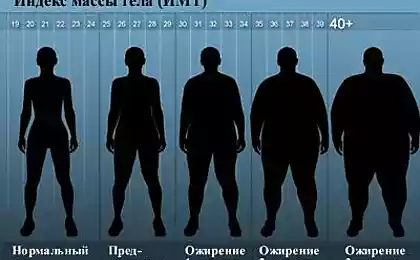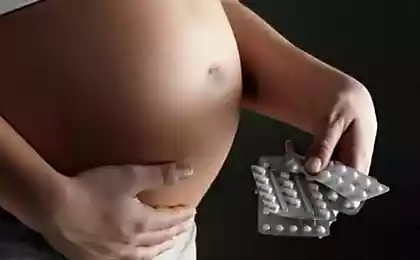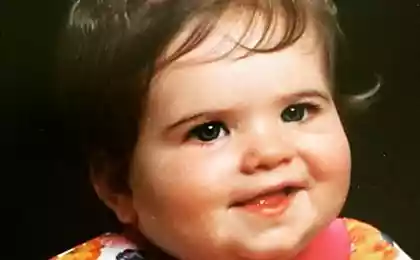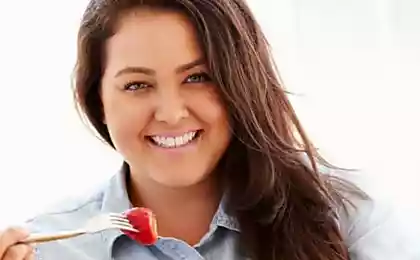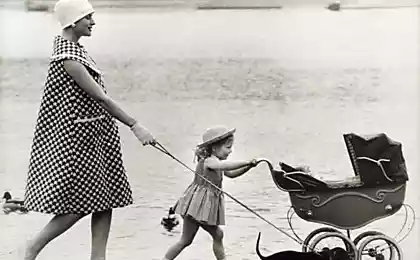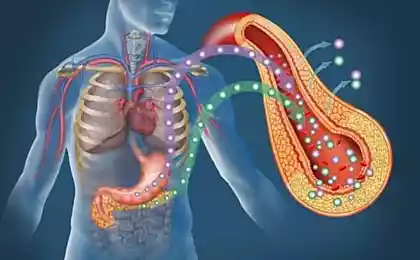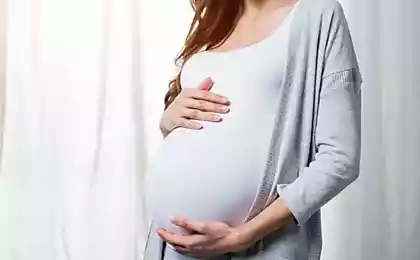190
She is only 40 and looks like she is 55. Motherhood ages women faster than obesity and smoking.
When a woman gets pregnantHer body is undergoing a massive transformation. The weight increases, and the metabolic rate increases. The pulse accelerates, the uterus expands and presses on the surrounding organs and blood vessels. The concentration of hormones increases, reaching astronomical levels. The volume of gray matter in the brain decreases.
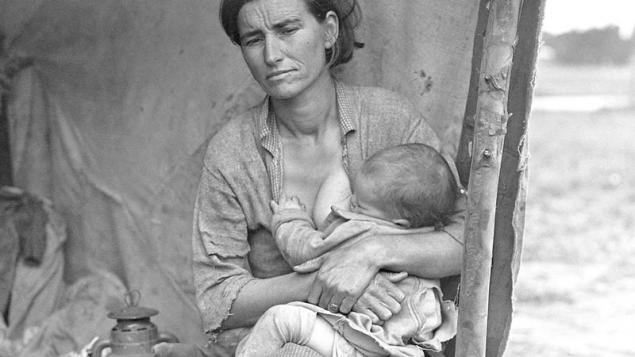
There is no denying that in most cases, women look much worse after having a baby. At least for a while.
Here is what 40-year-old Julia, a participant in one of the forums for mothers, says: I am a mother of three children: seven, nine and eleven years. Makeup is like smearing cracks in the wall. People always think I'm over 50. I have constant back pain. Four years of breastfeeding reduced my breast size from 3rd to 1st. It was as if I had been drained of all life force.
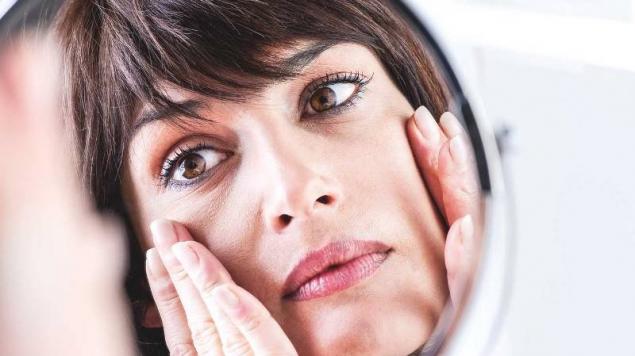
After my third child, I developed hypothyroidism, which means I will be on medication for the rest of my life. I've aged 20 years in the last decade. It's hurtful and unfair! After all, my childless friends not only look younger, but also have more money and time to spend on taking care of themselves.
Unfortunately, such stories are innumerable, and they are always similar in one way – the female body begins to age rapidly after pregnancy and childbirth. The appearance of a woman after the birth of a child affects a number of factors.
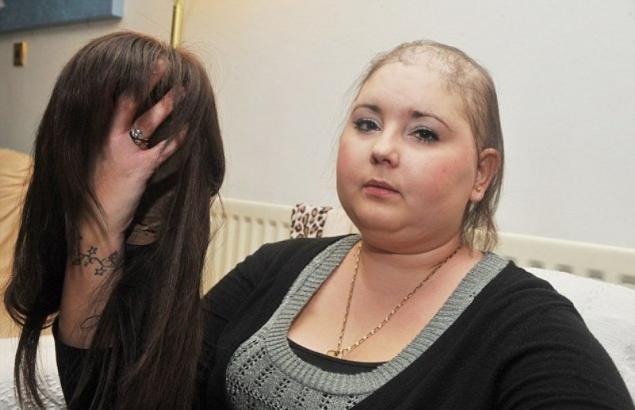
Stretching
The stomach becomes like a wrinkled, sagging and stretched to the touch “leather bag” with the remains of fat. This forces a woman to wear ugly, belly-covering clothes. Lack of adequate rest
The needs of the child must be met at any time of the day. Due to the constant lack of sleep appear eyebagsWrinkles, face becomes emaciated - it all throws a woman from a dozen years.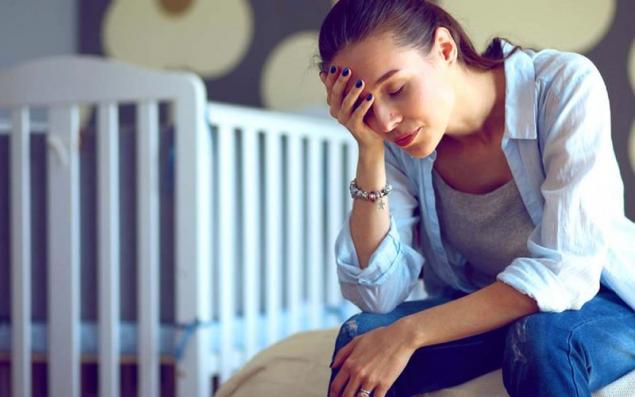
Lack of exercise
When dealing with increased responsibility during childcare, a woman simply doesn’t know where to get the energy and time for exercise. A bloated body is the cause of complexes and a decrease in self-esteem in the mother. Not enough time to take care of your appearance as before.
Due to the constant workload, mothers sometimes do not have time to do basic cosmetic procedures. The lack of care for the skin, hair, nails negatively affects their condition. Breast enlargement and severity
Breast swelling during pregnancy and breastfeeding can lead to stretch marks, loss of breast shape, sagging and asymmetry.
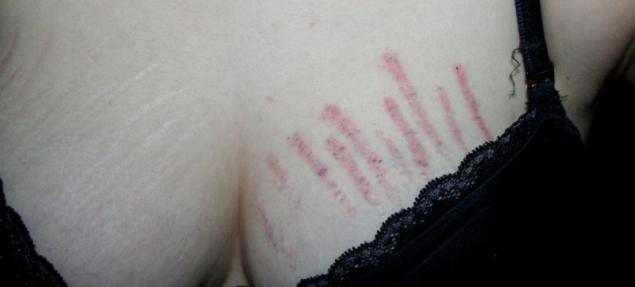
Changes in the mother’s body are important for childbirth, but devastating for the mother. New genetic studies in the U.S. of nearly 2,000 women of reproductive age between 20 and 44 show that mother At the cellular level, they aged much faster than their childless peers.
“We were surprised to see such an amazing result. This is equivalent to about 11 years of accelerated cellular aging, said epidemiologist Anna Pollack of George Mason University.
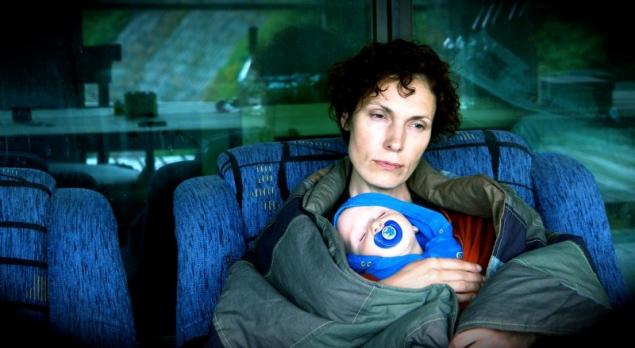
The study examined genetic markers called telomeres. These are the end regions of chromosomes that perform a protective function. The length of the telomeric regions determines the age of the cell – the shorter the telomeric tail, the older it is. These areas tend to wear down until complete cell death.
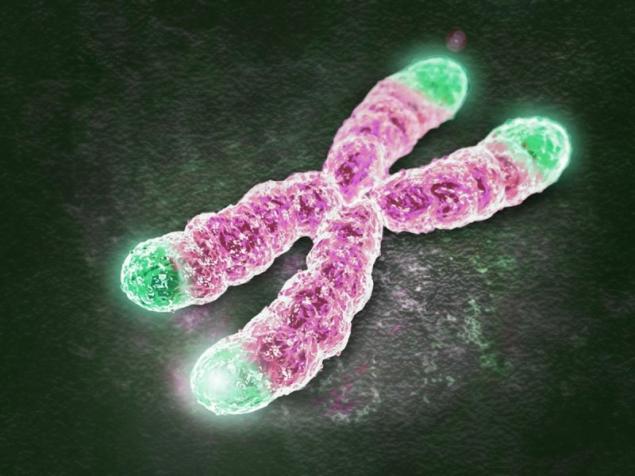
Premature ageing can be accelerated by obesity, smoking, insomnia, diabetes and, as it turned out, childbirth. DNA analysis showed that the telomeres of women who gave birth were at least 4.2% shorter than those who did not give birth. Moreover, the length of telomeres is smaller the more children a woman has.
A historical study of women in rural Poland in 2006 also found a link between more children and shorter life expectancy. Just as the candle that is lit melts each time, so the telomeres decrease with each cell division.
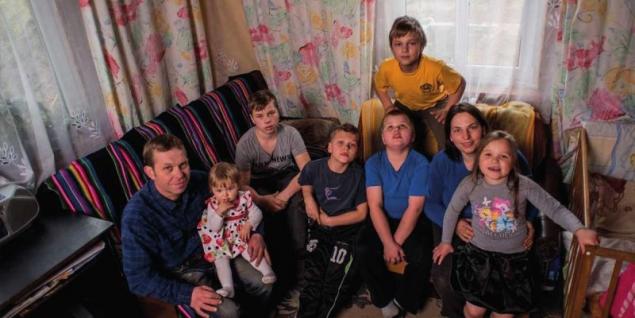
It should be borne in mind that a study of one of the indigenous peoples of Guatemala in 2016 had a contradictory result. It showed that women who had more children aged more slowly.
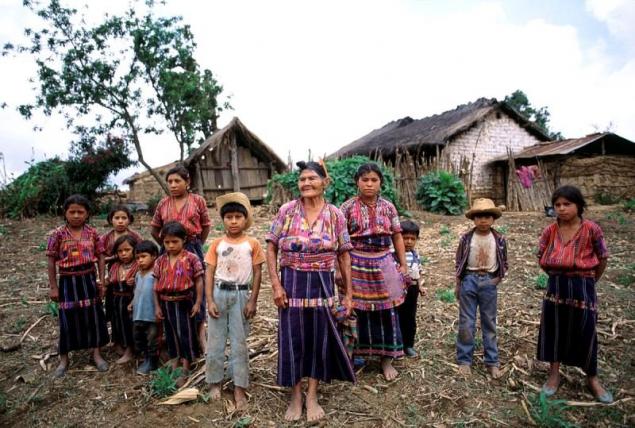
Even more surprising results were obtained by a group of scientists led by Thomas Perls, the founding director of the study of centenarians of New England. Parents who had children after age 40 were four times more likely to live to be 100. Lapland natives, Amish families and other populations also show a link between having children later in life and longevity.
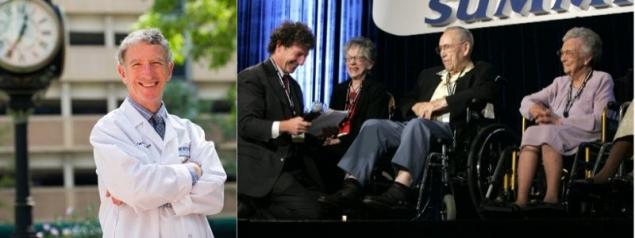
This does not mean that women who give birth will die 11 years earlier than those without children. According to a 2016 study, women who give birth over the age of 30 live longer without children.
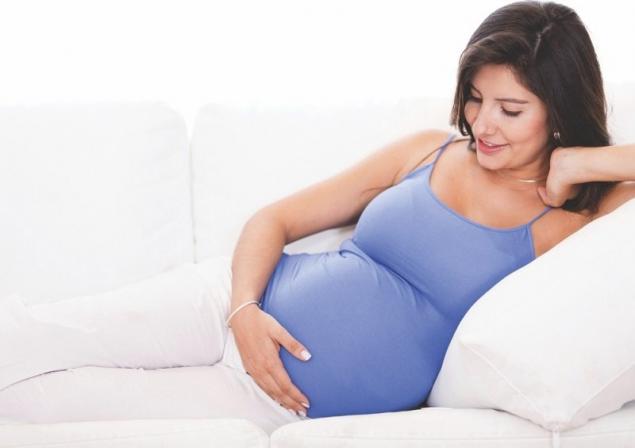
“We are not telling you to stop. bear," the scientists say. “Research has shown that our beliefs and attitudes can themselves influence how fast we age. Pessimism directly shortens telomere length.” Science doesn't stand still, and ageing It's still not fully understood.
Can you use your example or the example of your friends to confirm or deny the negative motherhood on the body? Are women paying too high a price for reproduction? Tell us in the comments what you think about this. Share this article by clicking the “Share on Facebook” button.

There is no denying that in most cases, women look much worse after having a baby. At least for a while.
Here is what 40-year-old Julia, a participant in one of the forums for mothers, says: I am a mother of three children: seven, nine and eleven years. Makeup is like smearing cracks in the wall. People always think I'm over 50. I have constant back pain. Four years of breastfeeding reduced my breast size from 3rd to 1st. It was as if I had been drained of all life force.

After my third child, I developed hypothyroidism, which means I will be on medication for the rest of my life. I've aged 20 years in the last decade. It's hurtful and unfair! After all, my childless friends not only look younger, but also have more money and time to spend on taking care of themselves.
Unfortunately, such stories are innumerable, and they are always similar in one way – the female body begins to age rapidly after pregnancy and childbirth. The appearance of a woman after the birth of a child affects a number of factors.
- Hormonal surges
The fluctuation of hormones causes mood swingsPostpartum depression, weight gain, acne. - Hair loss
A couple of months after birth, the hair begins to fall out sharply, and in large quantities.

Stretching
The stomach becomes like a wrinkled, sagging and stretched to the touch “leather bag” with the remains of fat. This forces a woman to wear ugly, belly-covering clothes. Lack of adequate rest
The needs of the child must be met at any time of the day. Due to the constant lack of sleep appear eyebagsWrinkles, face becomes emaciated - it all throws a woman from a dozen years.

Lack of exercise
When dealing with increased responsibility during childcare, a woman simply doesn’t know where to get the energy and time for exercise. A bloated body is the cause of complexes and a decrease in self-esteem in the mother. Not enough time to take care of your appearance as before.
Due to the constant workload, mothers sometimes do not have time to do basic cosmetic procedures. The lack of care for the skin, hair, nails negatively affects their condition. Breast enlargement and severity
Breast swelling during pregnancy and breastfeeding can lead to stretch marks, loss of breast shape, sagging and asymmetry.

Changes in the mother’s body are important for childbirth, but devastating for the mother. New genetic studies in the U.S. of nearly 2,000 women of reproductive age between 20 and 44 show that mother At the cellular level, they aged much faster than their childless peers.
“We were surprised to see such an amazing result. This is equivalent to about 11 years of accelerated cellular aging, said epidemiologist Anna Pollack of George Mason University.

The study examined genetic markers called telomeres. These are the end regions of chromosomes that perform a protective function. The length of the telomeric regions determines the age of the cell – the shorter the telomeric tail, the older it is. These areas tend to wear down until complete cell death.

Premature ageing can be accelerated by obesity, smoking, insomnia, diabetes and, as it turned out, childbirth. DNA analysis showed that the telomeres of women who gave birth were at least 4.2% shorter than those who did not give birth. Moreover, the length of telomeres is smaller the more children a woman has.
A historical study of women in rural Poland in 2006 also found a link between more children and shorter life expectancy. Just as the candle that is lit melts each time, so the telomeres decrease with each cell division.

It should be borne in mind that a study of one of the indigenous peoples of Guatemala in 2016 had a contradictory result. It showed that women who had more children aged more slowly.

Even more surprising results were obtained by a group of scientists led by Thomas Perls, the founding director of the study of centenarians of New England. Parents who had children after age 40 were four times more likely to live to be 100. Lapland natives, Amish families and other populations also show a link between having children later in life and longevity.

This does not mean that women who give birth will die 11 years earlier than those without children. According to a 2016 study, women who give birth over the age of 30 live longer without children.

“We are not telling you to stop. bear," the scientists say. “Research has shown that our beliefs and attitudes can themselves influence how fast we age. Pessimism directly shortens telomere length.” Science doesn't stand still, and ageing It's still not fully understood.
Can you use your example or the example of your friends to confirm or deny the negative motherhood on the body? Are women paying too high a price for reproduction? Tell us in the comments what you think about this. Share this article by clicking the “Share on Facebook” button.
Killer plants! Don’t grow them on the windowsill or else...
The composition of this tool has not been fully studied! Lanolin resembles human skin fat and...
